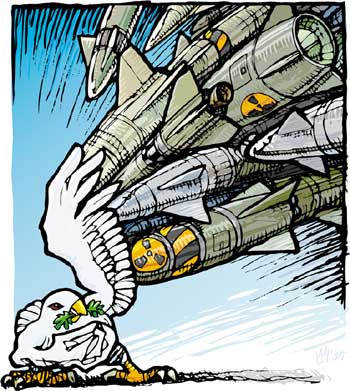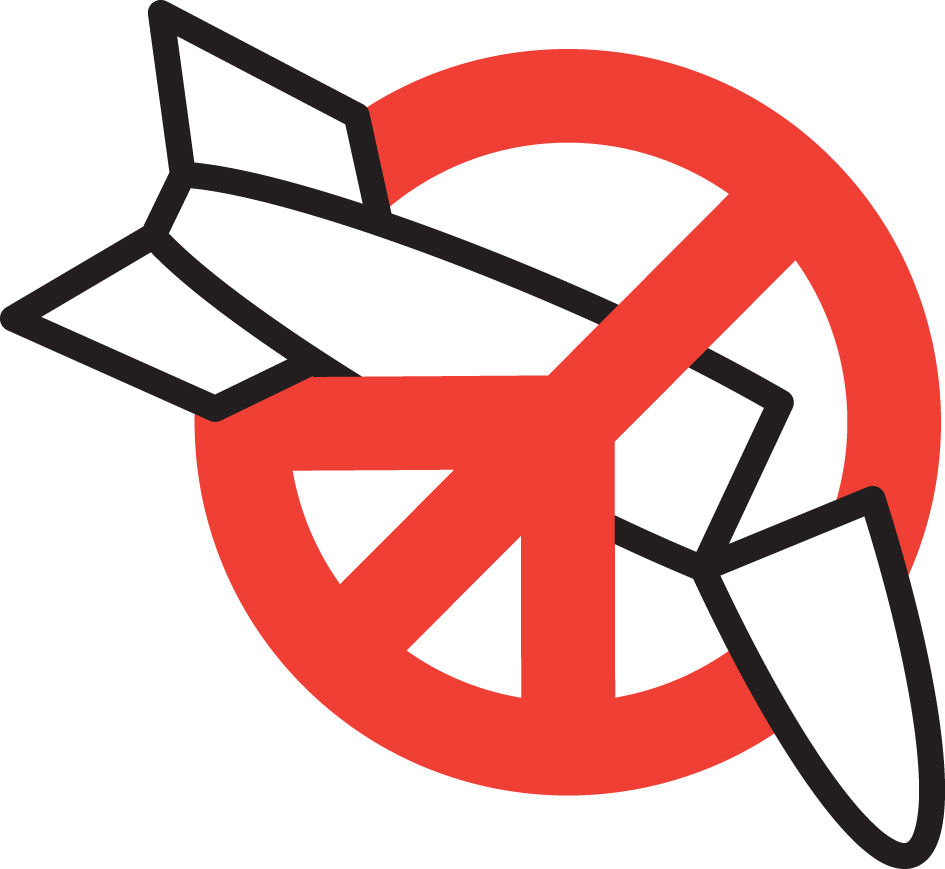National Day of Protest: People Protest against India-Japan Nuclear Agreement
25th January 2014 was observed as the national day of protest against the India-Japan nuclear agreement, which was a key agenda during the Japanese Prime Minister Shinzo Abe's recent visit to India. The poster protest initiated by CNDP received very good response from the people.



